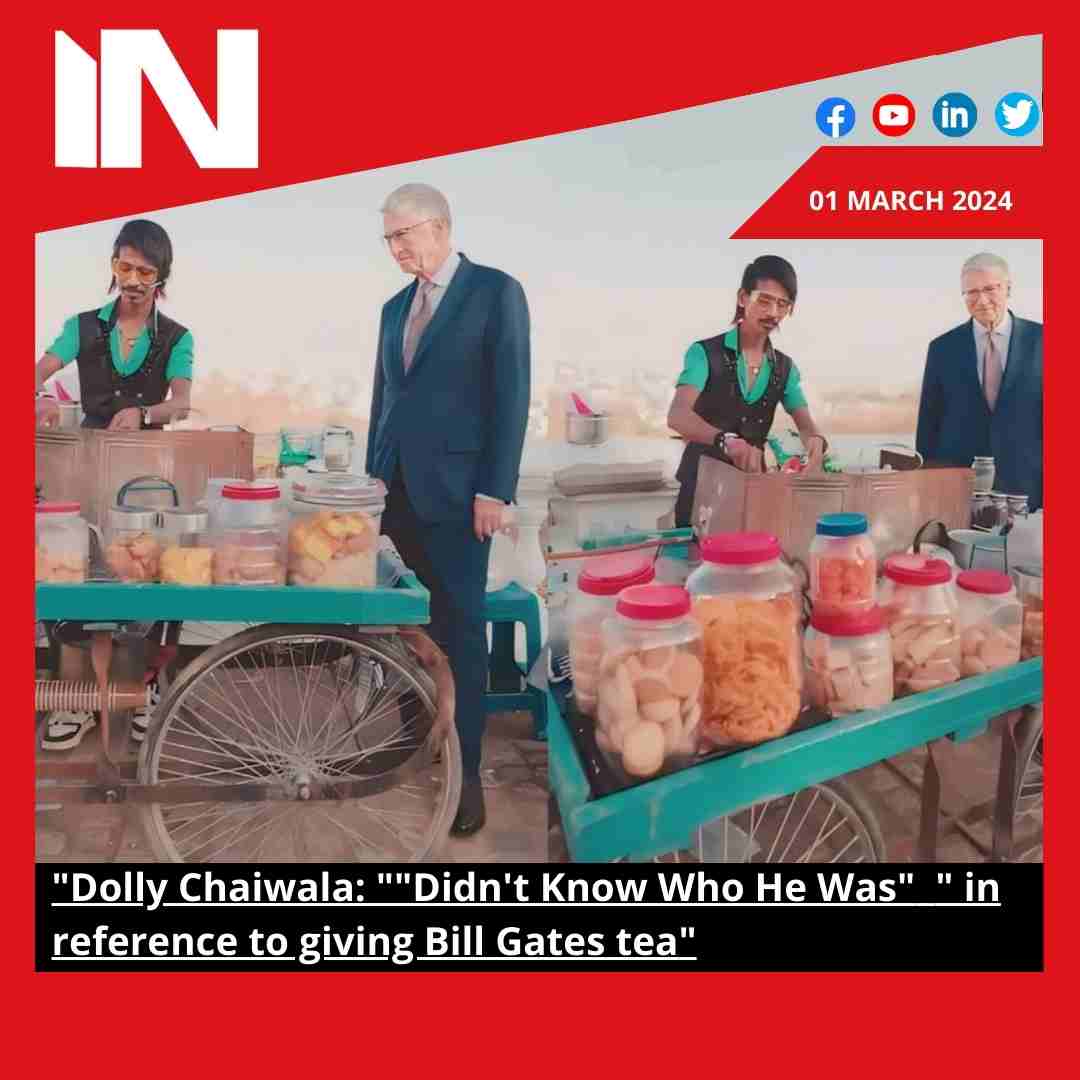India Hot Topics
Delhi bans certain soaps, detergents to curb pollution in the Yamuna

The Delhi government on Monday banned the sale, storage, transportation and marketing of soaps and detergents found not in conformity with the latest BIS standards to check pollution in the Yamuna river.
Significantly, the National Green Tribunal had in January accepted the recommendations of a two-member expert committee, which suggested the Delhi government to ban the sale, storage and transportation and marketing of detergents found not to conform to the revised BIS standards. .
The NGT had also directed to launch an awareness campaign about the harmful effects of using substandard soaps and detergents.
The Delhi Pollution Control Committee, in an order issued on Monday, said that all concerned officials including local bodies, civil supplies department and district administration exercising control over shops and other establishments dealing with sale, storage, transport and marketing facilities of soap and detergents in Delhi should ensure adherence to the instructions through strict monitoring and surprise inspections.
The pollution control body has asked the concerned authorities to submit monthly action taken report of the inspections carried out and subsequent action taken. Experts have attributed soap and detergents to one of the major causes of pollution in the Yamuna river.
At times, visuals of toxic foam floating on the surface of the river in Delhi also dominate social media. According to an official of the Central Pollution Control Board, detergents used in dyeing industries, wash ghats, and households result in high phosphate content in the wastewater, which is the primary reason for the formation of toxic foam in the Yamuna.
News Source: IndiaToday
Movie
The Madras High Court has granted early screenings of Vijay’s Leo movie from 7 AM, requesting the TN government to resolve any issues.
Madras High Court Grants Early Screenings of Vijay’s “Leo” Movie at 7 AM, Urges TN Government to Address Concerns
The Madras High Court has made a landmark decision in favor of the much-anticipated Tamil film “Leo,” starring actor Vijay. In a significant move, the court has granted permission for early screenings of the movie from 7 AM, urging the Tamil Nadu government to swiftly address any issues and facilitate the smooth release of the film. This decision marks a pivotal moment in the realm of Tamil cinema and the entertainment industry at large.
Historical Context:
The Indian film industry, particularly the Tamil film industry, has seen its share of controversies and challenges related to film releases. Issues such as censorship, political disputes, and public sentiment have often played a significant role in shaping the release schedules and screening times for films. Vijay, one of Tamil cinema’s most prominent actors, has been at the center of such controversies in the past. This decision by the Madras High Court is, therefore, particularly noteworthy.
The Ruling:
The Madras High Court’s decision to permit early screenings of “Leo” comes as a response to a plea filed by the film’s producers. The court, while considering the plea, took into account various factors, including the film’s anticipated popularity and the prevailing circumstances. The court emphasized the importance of accommodating the audience’s interests and allowing them to enjoy the film without disruptions.
A Step Towards Normalization:
The court’s decision signifies a positive shift in the film industry, where release dates and screening times are often mired in controversy. By allowing screenings to commence at 7 AM, the court aims to reduce the chances of public unrest and congestion near theaters, especially in the wake of high-profile film releases.
The Role of the Tamil Nadu Government:
The Madras High Court, in its ruling, also called upon the Tamil Nadu government to cooperate in ensuring a seamless release for the film. This cooperation extends to providing necessary security measures to maintain law and order around theaters during the early screenings.
Implications for the Entertainment Industry:
The decision is expected to set a precedent for the release of other highly anticipated films, not just in Tamil cinema but also in the broader Indian film industry. The court’s emphasis on the importance of accommodating the audience’s interests could lead to more flexible screening times for movies in the future.
The Audience’s Perspective:
For moviegoers and fans of Vijay, this decision comes as a welcome relief. They can now look forward to enjoying the film without any undue delays or disruptions, ensuring a memorable cinematic experience.
In conclusion, the Madras High Court’s ruling to allow early screenings of Vijay’s “Leo” at 7 AM while urging the Tamil Nadu government to resolve any issues paves the way for a more audience-centric approach in the film industry. It is a landmark decision that highlights the importance of balancing the interests of filmmakers and the movie-loving public. This judgment is poised to make a positive impact on the release of future films, ushering in a new era of flexibility and convenience for cinema enthusiasts.
Group Media Publications
Entertainment News Platforms – anyflix.in
Construction Infrastructure and Mining News Platform – https://cimreviews.com/
General News Platform – https://ihtlive.com/
Podcast Platforms – https://anyfm.in
-

 Bollywood1 month ago
Bollywood1 month agoAishwarya Rai maintains her stunning appearance in a new L’Oreal ad.
-

 health and remedies1 month ago
health and remedies1 month agoThe article discusses the potential health risks associated with swallowing dry ice
-
.jpg)
.jpg) Music4 weeks ago
Music4 weeks agoSidhu Moosewala’s father and baby brother feature on Times Square billboard; fans react. Watch
-

 Entertainment2 months ago
Entertainment2 months agoThe Anant Ambani-Radhika Merchant pre-wedding bash in Jamnagar has received a list of guests.
-

 Trending2 months ago
Trending2 months agoDolly Chaiwala: “Didn’t Know Who He Was” in reference to giving Bill Gates tea
-

 Trending2 months ago
Trending2 months agoOppo Reno 12 Pro Key Features Leak Online: Expected to Receive a 1.5K Display with a Density 9200+ SoC
-
Bollywood2 weeks ago
Rasha, the daughter of Raveena Tandon, discusses how trolling affects her: “I think in processing it, feeling bad for a bit.”
-

 Bollywood1 month ago
Bollywood1 month agoFor this explosive advertisement, Aamir Khan and Darsheel Safary reconnect 16 years after Taare Zameen Par
.jpg)
.jpg)






.jpg)
%20(1).jpg)
%20(1).jpg)
%20(1).jpg)
%20(1).jpg)
%20(1).jpg)
.jpg)





